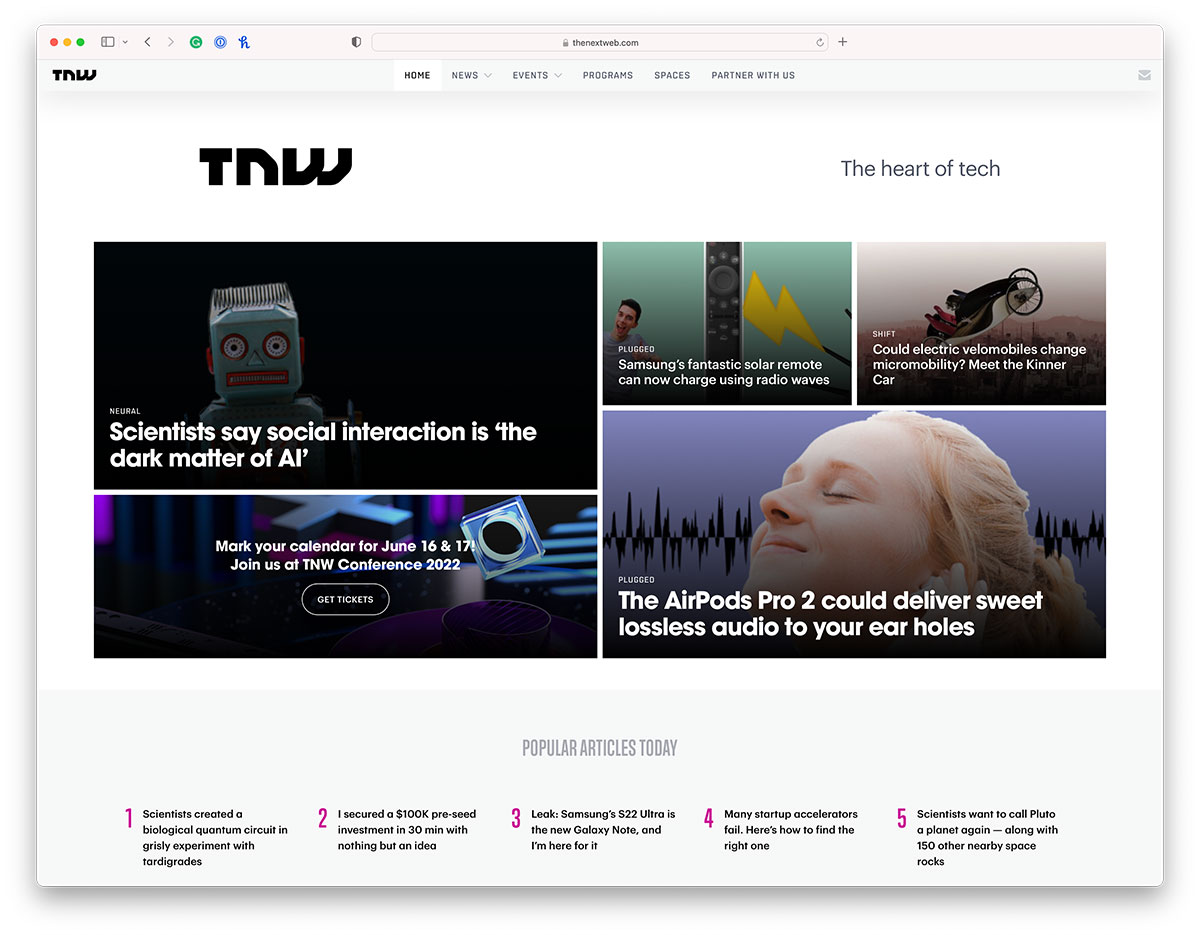The Definitive Guide to News Websites
The Definitive Guide to News Websites
Blog Article
The smart Trick of News Websites That Nobody is Talking About
Table of ContentsNews Websites - TruthsGetting My News Websites To WorkThe Definitive Guide to News WebsitesThe Definitive Guide for News WebsitesFascination About News Websites
It was down in the UK and Brazil yet up a few other countries, such as Greece, Bulgaria, and Poland (News Websites). This year, for the first time, we asked concerning the different manner ins which individuals prevent the information and located that around half of avoiders (53%) were attempting to do so in a broad-brush or periodic means as an example, by switching off the radio when the information came on, or by scrolling past the information in social mediaYou said that you attempt to actively stay clear of information.

I'm most likely choosing to learn more light-hearted stories than I used to currently. M, 51, UK Turning my back on information is the only method I feel I can deal in some cases. I need to consciously make the initiative to transform away for the sake of my own psychological health and wellness.
The 9-Minute Rule for News Websites
Selective evasion of Ukraine information was highest possible in many of the nations closest to the dispute, strengthening findings from our added survey in 2015, not long after the war had begun. Our data might not suggest an absence of passion in Ukraine from nearby nations but instead a need to take care of time or safeguard mental wellness from the very genuine scaries of war.
Comparing Finland with a politically polarised nation such as the United States (see following chart) that is less impacted by the war, we find a really various pattern of subject avoidance. In the United States, we find that consumers are more probable to stay clear of topics such as national politics and social justice, where disputes over concerns such as sex, sexuality, and race have come to be very politicised.
American national politics are quite harmful nowadays. I discover often that I have to detach from stories that just make me angry. F, 61, USA For some individuals, bitter and divisive political disputes are a reason to shut off news completely, however for some political partisans, avoidance is frequently regarding shutting out perspectives you do not want useful content to hear.

Fascination About News Websites
Some are aiming to make news much more easily accessible for hard-to-reach groups, broadening the information program, commissioning more inspiring or positive information, or welcoming positive or remedies journalism that give people a sense of hope or individual company. In our study this year, we asked participants about their passion in these different approaches.
This describes why stories like Ukraine or nationwide politics carry out well with information regulars however can at the very same time turn much less interested individuals away (News Websites). Selective avoiders are much less thinking about all sorts of news than non-avoiders however in relative terms they do appear to be more thinking about favorable or solutions-based news

About News Websites
2023). This may hold true in the minute, but over time it appears to be leaving lots of people vacant and much less completely satisfied, which might be weakening our link with and count on the news. Across markets, total rely on information (40%) and count on the resources people utilize themselves (46%) are down by a better 2 portion points this year.
Without a doubt, via the rear-view mirror, the COVID-19 trust bump is plainly noticeable in the adhering to graph, though the instructions of travel afterwards has actually been mixed. Sometimes (e.g. Finland), the count on rise has been kept, while in others the their website upturn looks even more like a spot in a tale of ongoing long-term decrease.
A few of the highest possible reported levels of media objection are found in nations with highest degrees of suspect, such as Greece, the Philippines, the USA, France, and the United Kingdom. The most affordable levels of media criticism are often in those with higher levels of trust, such as Finland, Norway, Denmark, and Japan.
The 3-Minute Rule for News Websites
This year we asked participants regarding their preferences for text, sound and video clip when consuming information online. Usually, we find that the bulk still like to check out the news (57%), as opposed to watch (30%) or listen to it (13%), however younger people (under-35s) are more likely to pay attention (17%) than older teams.
Behind the averages we find significant and shocking nation distinctions. In markets with a solid analysis custom, such as Finland and the UK, around 8 in ten still prefer to read online news, but in India and Thailand, around 4 in 10 (40%) say they favor to see news online, and in the Philippines that proportion mores than half (52%).
Report this page